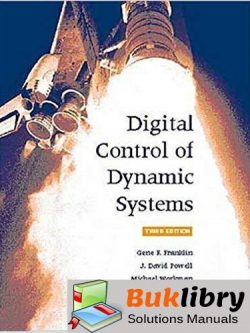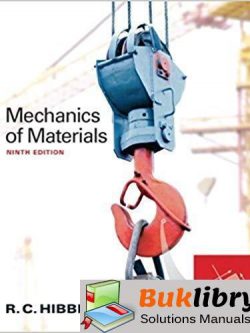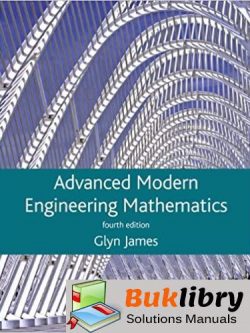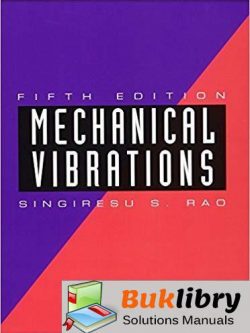Book Details
Known for its clear problem-solving methodology and it emphasis on design, as well as the quality and quantity of its problem sets, Introduction to Electric Circuits, Ninth Edition by Dorf and Svoboda will help readers to think like engineers. Abundant design examples, design problems, and the How Can We Check feature illustrate the texts focus on design. The 9th edition continues the expanded use of problem-solving software such as PSpice and MATLAB. WileyPLUS sold separately from text.
About the Author
James A. Svoboda is an associate professor of electrical and computer engineering at Clarkson University where he teaches courses on topics such as circuits electronics, and computer programming. He earned a Ph.D. in electrical engineering from the University of Wisconsin, Madison, and M.S. from the University of Colorado, and a B. S. from General Motors Institute.
Sophomore Circuits is one of Professor Svoboda's favorite courses. He has taught this course to 2500 undergraduates at Clarkson University over the past 21 years. In 1996, he received Clarkson University's Distinguished Teaching Award.
Professor Svoboda has written several research papers describing the advantages of using nullors to model electric circuits for computer analysis. He is interested in the way technology affects engineering education and has developed several software packages for use in Sophomore Circuits.
Richard C. Dorf professor of electrical and computer engineering at the University of California, Davis, teaches graduate and undergraduate courses in electrical engineering in the fields of circuits and control systems. He earned a Ph.D. in electrical engineering from the U.S. Naval Postgraduate School, an M.S. from the University of Colorado and a B.S. from Clarkson University. Highly concerned with the discipline of electrical engineering and its wide value to social and economic needs, he has written and lectured internationally on the contributions and advances in electrical engineering.
Professor Dorf has extensive experience with education and industry and its professionally active in the fields of robotics, automation, electric circuits, and communications. He has served as a visiting professor at the University of Edinburgh, Scotland; The Massachusetts Institute of Technology; Stanford University; of California, Berkeley.
A Fellow of the Institute of Electrical and Electronic Engineers, Dr. Dorf is widely known to the profession for his Modern Control Systems, Eighth Edition (Addison-Wesley, 1998) and The International Encyclopedia of Robotics (Wiley 1988). Dr. Dorf is also the coauthor of Circuits, Devices and Systems (with Ralph Smith), Fifth Edition (Wiley, 1992). Dr. Dorf edited the widely used Electrical Engineering Handbook, Second Edition (CRC Press and IEEE Press) published in 1997.
Solutions Manual of Introduction to Electric Circuits by Dorf & Svoboda | 7th edition ISBN 9780471730422
- This is NOT the TEXT BOOK. You are buying Solutions Manual of Introduction to Electric Circuits by Dorf & Svoboda | 7th edition.
- DOWNLOAD LINK will be sent to you IMMEDIATELY (Please check SPAM box also) once payment is confirmed.
- Solutions Manual is available in PDF or Word format and available for download only.
- Solutions Manual of Introduction to Electric Circuits by Dorf & Svoboda | 7th edition, Solutions Manual ONLY.
- NO Test Bank included on this purchase. If you are looking for the Test Bank please use search box.
- All orders are placed anonymously. Your order details will be hidden according to our website privacy and deleted automatically.
- This book is under the category: Science and Engineering
- Please use the search box to find other solutions manuals and test banks on this category.
- You can request books or reach us using the links appear in the side bar.
Book Details
Solutions Manual of Introduction to Electric Circuits by Dorf & Svoboda | |
| Authors | Richard C Dorf; James A Svoboda |
| Edition | 7th |
| ISBN(Text Book's) | 9780471730422 |
| Language | English |
| File Format | |
| Category | Science and Engineering |




